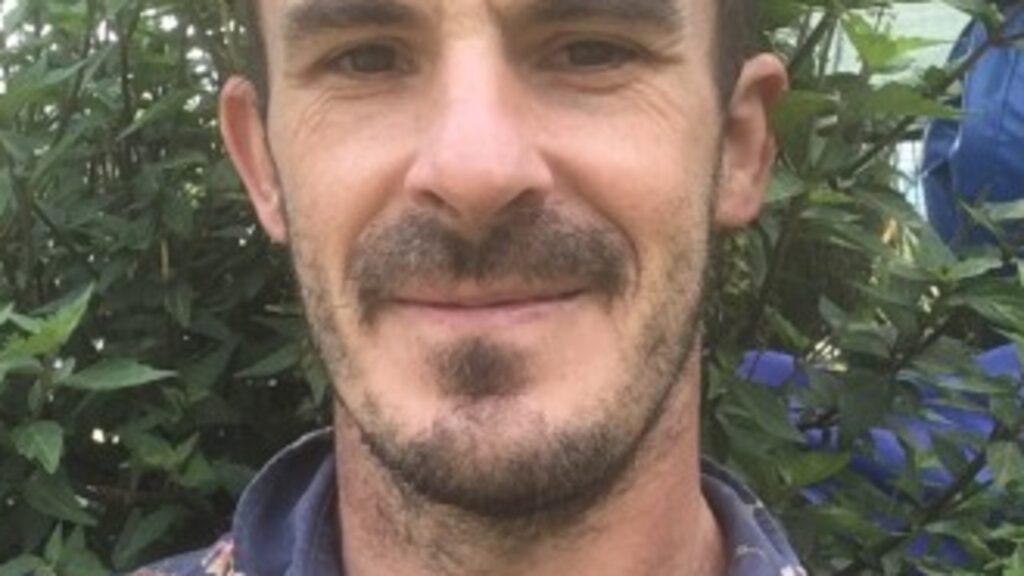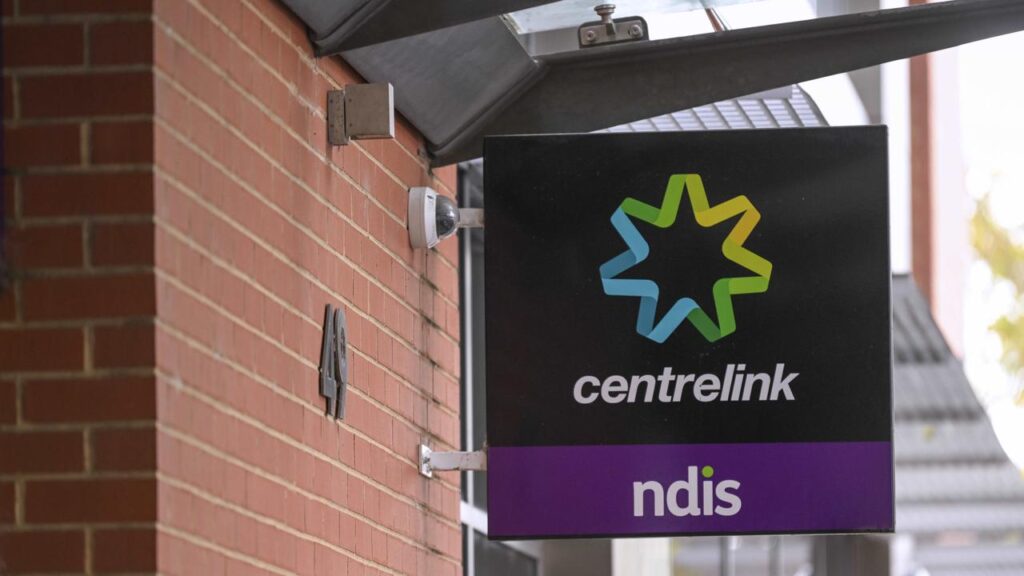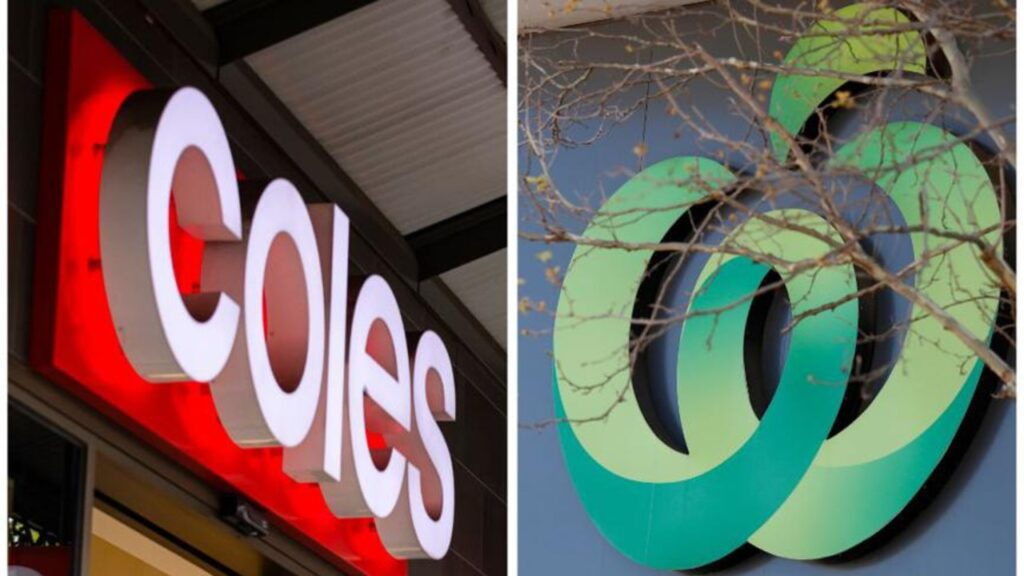Nuclear energy ‘inevitable’: Dutton
Written by admin on October 17, 2024
Australia must “take decarbonisation seriously” or face getting economically hamstrung, Peter Dutton says.
The Opposition Leader, once a diehard supporter of coal, has somewhat shifted his position on energy since unveiling the Coalition’s nuclear plan.
With climate change increasingly affecting crop yields, worsening natural disasters and threatening habitats, pressure is mounting on governments around the world to wean off fossil fuels.
Though, Mr Dutton said on Thursday his primary motivator for decarbonisation was economic, not climate concern.
“I want to see us decarbonise because as a trading nation, we’re not going to be able to trade, and we’ll have tariffs applied to us if we don’t take the decarbonisation seriously,” he told a beef industry expo in Brisbane.
“So that is essential, and obviously we need reliability.
“There is no country in the world with an industrial base like Australia’s, where we want to grow industry and manufacturing and obviously increase economic output, without stable base load power.”
Renewable energy accounted for nearly 40 per cent of Australia’s power in 2023.
There are more than 80 renewable energy generation projects in the pipeline across the country, and dozens more energy storage projects.
But Mr Dutton said renewables were “just not realistic.”
“And I think some of the emotion is now being replaced by reality,” he said.
“In this debate, people want to believe that the batteries can last for longer, or that you can go home and plug your house into your car and it can run all night. It can’t.”
He pointed to other countries with established nuclear industries, saying that Australia was “the only one that hasn’t” signed up for nuclear energy.
“So I do believe that, looking at it objectively, it is inevitable that Australia will have nuclear power,” Mr Dutton said.
Brazil has a population of more 210 million, a landmass similar to Australia and a GDP of $2.3 trillion, which is about $600 million more than Australia.
An economic powerhouse in South America, it has rapidly adopted renewable energy sources, which account for 91 per cent of its power mix.
The Coalition’s plan to build seven nuclear power plants has been heavily criticised for its lack of detail.
Modelling by the Smart Energy Council found it would cost between $116n-$600bn and only provide 3.7 per cent of Australia’s energy mix in 2050.
The peak body drew on experiences overseas and data from Australia’s science agency and the national energy operator.
The cost worked out at about the same cost as delivering a near 100 per cent renewables mix by 2050.
Mr Dutton has dismissed questions about costings, saying he did not want to overload Australians with too much information at once.
But the absence of costings has not been the only thing working against the idea.
The plan was announced with little to no consultation with people living near the proposed sites for the nuclear reactors, sparking backlash from local communities and state governments.
Read related topics:Peter Dutton







